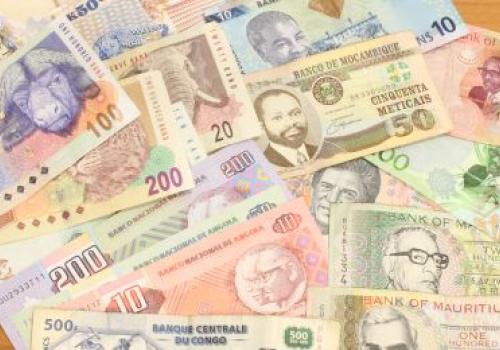Target
Monetary Union is where two or more countries achieve macroeconomic convergence, stable and harmonise exchange rates systems, liberalise capital and current accounts transactions and adopt market-oriented approaches to the conduct of monetary policy. Establishing Monetary Union in the SADC region is one of the ultimate goals of the SADC Protocol on Trade and a key milestone in the drive for deeper integration in SADC.
The Regional Indicative Strategic Development Plan implementation framework identified 2016 as the target for this milestone, which follows the establishment of the Free Trade Area, the Customs Union and the creation of a Common Market. As the establishment of the second and third integration milestones have been delayed, Monetary Union may also be delayed.
Plans to establish Monetary Union in SADC is supported by the SADC Committee of Central Bank Governors, which is leading cooperation amongst the central banks of the region. This cooperation aims to enhance regional monetary cooperation by reforming payment, clearing and settlement systems; harmonisation of legal operational frameworks for central banks and implementation of best banking practices.
Results and Impact
While the establishment of the SADC Monetary Union is not anticipated until 2016 at the earliest, considerable advances are being made to pave the way for its introduction:
- Operationalisation of payment clearing and settlement systems – the Real Time Gross Settlement System has been developed to modernise cross-border payment settlements and has been implemented in 12 SADC Member States.
- Implementation of best banking practices, norms and standards – 14 Member States have implemented an application to harmonise banking supervision processes, developed by the ICT sub-committee of the SADC Sub-committee on Bank Supervision.
- Development of an institutional administrative and legal framework – in 2009, the SADC Ministers of Finance developed and approved the Model Central Bank Law, which was designed to set harmonised frameworks for control of exchange policies, bank procedures and systems.
Challenges
Despite the positive progress in this area, the Committee of Central Bank Governors has experienced human resource capacity and funding challenges, resulting in delays of some of the projects intended to facilitate cooperation and harmonisation in the banking sector in SADC.

